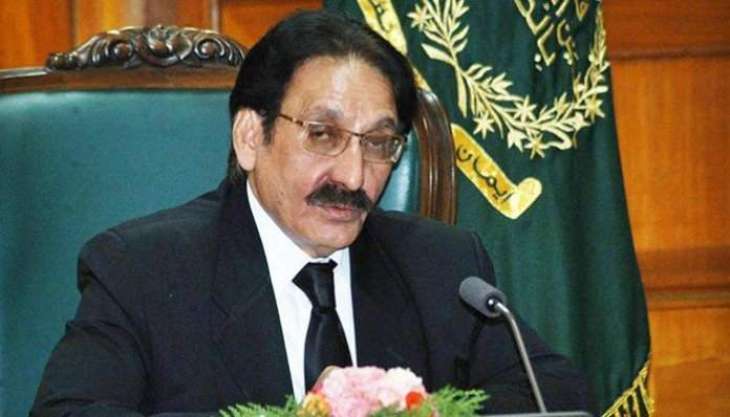The Supreme Court on Wednesday maintained the sentences handed out to the eight accused in a case related to the manhandling of former chief justice of Pakistan (CJP) Iftikhar Muhammad Chaudhry.
Islamabad, (Pakistan Point News - 6th Jun, 2018) : The Supreme Court on Wednesday maintained the sentences handed out to the eight accused in a case related to the manhandling of former chief justice of Pakistan (CJP) Iftikhar Muhammad Chaudhry. The Islamabad district administration and police on March 13, 2007, had roughed up then-CJP Iftikhar Muhammad Chaudhry when he refused to ride an official car and attempted to march towards the Supreme Court to attend the proceedings of the Supreme Judicial Council.
The apex court dismissed the appeals of eight police officials, accused in the case, including the former Islamabad inspector general of police (IGP) against the sentences handed out to them. The police then took all of the suspects into custody. A five-member bench headed by acting chief justice of Pakistan Justice Asif Saeed Khosa had heard the suo motu contempt case against the police and administration officials earlier this year. SC reserves verdict in suo motu case over ex-CJP Iftikhar Chaudhry's manhandling The former Islamabad IGP's counsel, Khalid Ranjha, had informed the court that his client has submitted an unconditional apology in court and left himself at the mercy of the court.
Justice Gulzar Ahmed had observed whether the court was bound to dismiss a contempt notice on the basis of an apology. Ranjha had then responded that the basis of his defence was an apology and he had no other strategy. Justice Ahmed remarked that the manhandling of the chief justice was witnessed across the globe. Ranjha had again pleaded that his client had been seeking pardon at every hearing of the case. Questioning the apology submitted in court, Justice Khosa had questioned how it could be assumed that it is based on facts, adding that the court is yet to figure out why this treatment was meted out to a chief justice.




